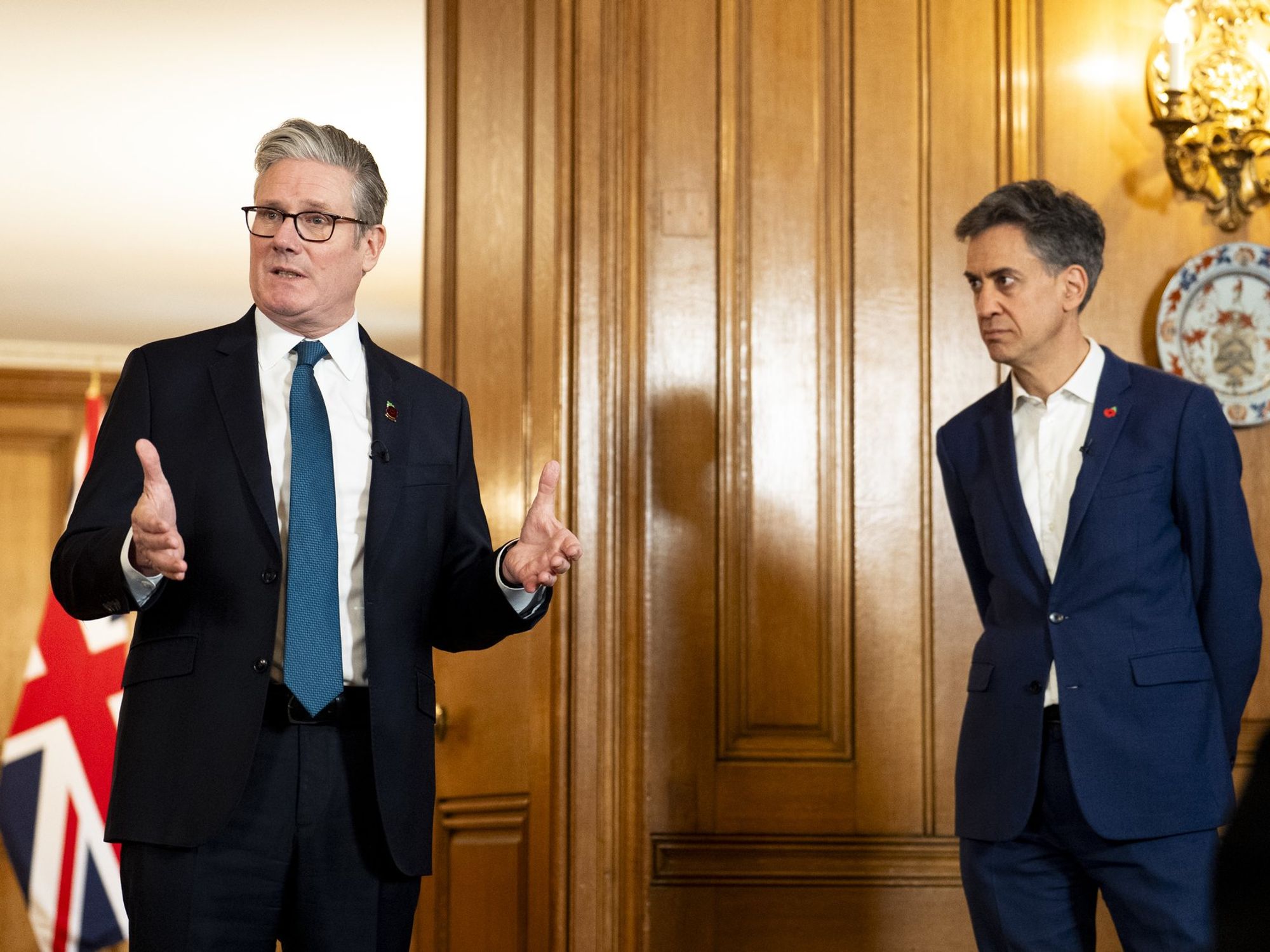Disgraced NatWest boss Dame Alison Rose QUITS overnight after company held emergency meeting over Farage Coutts leak
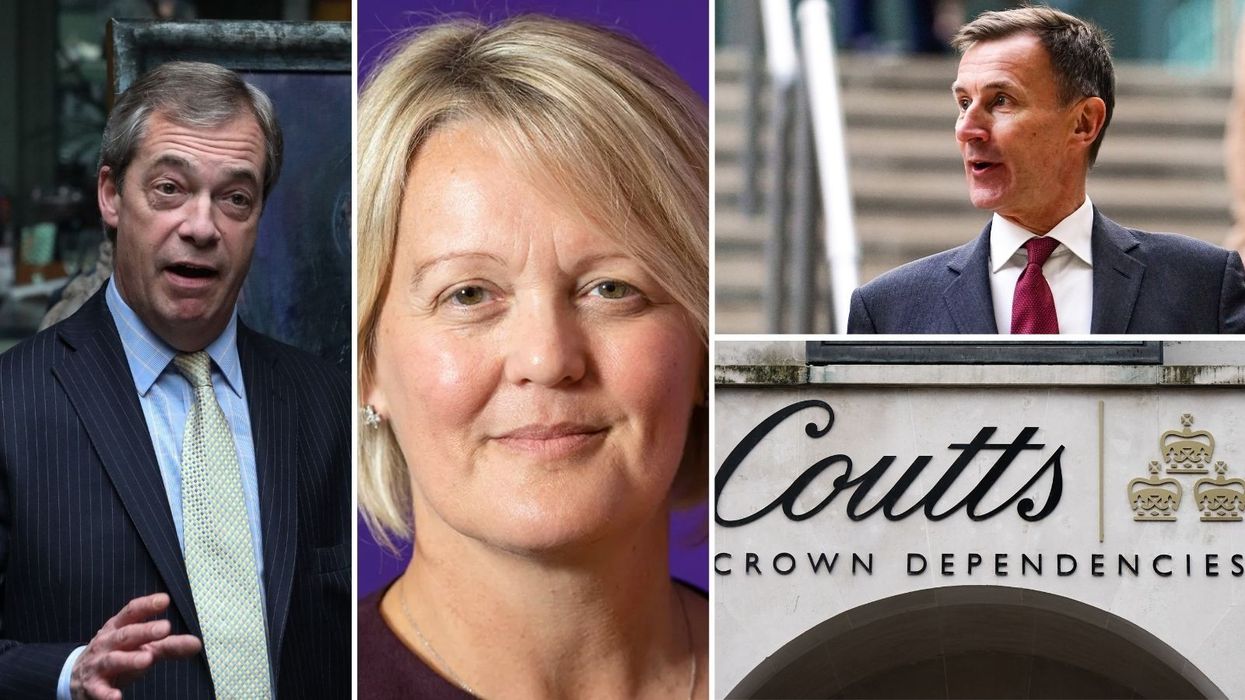
Dame Alison Rose was under pressure after Jeremy Hunt expressed 'serious concerns'
|PA

Senior Government figures had questioned Rose's position following the BBC debacle
Don't Miss
Most Read
Latest
NatWest boss Dame Alison Rose resigned overnight after losing the confidence of Government ministers over the leaking of an inaccurate story about Nigel Farage’s finances.
In a statement released int he early hours of this morning before the markets open, NatWest Group chairman Sir Howard Davies said that an agreement had been reached for the chief exec to step back from her role "by mutual consent".
Last night Rose admitted to a “serious error of judgment” when she discussed Farage’s relationship with private bank Coutts, owned by NatWest Group, with a BBC journalist.
Initially the NatWest board had said it was standing by their beleaguered leader.
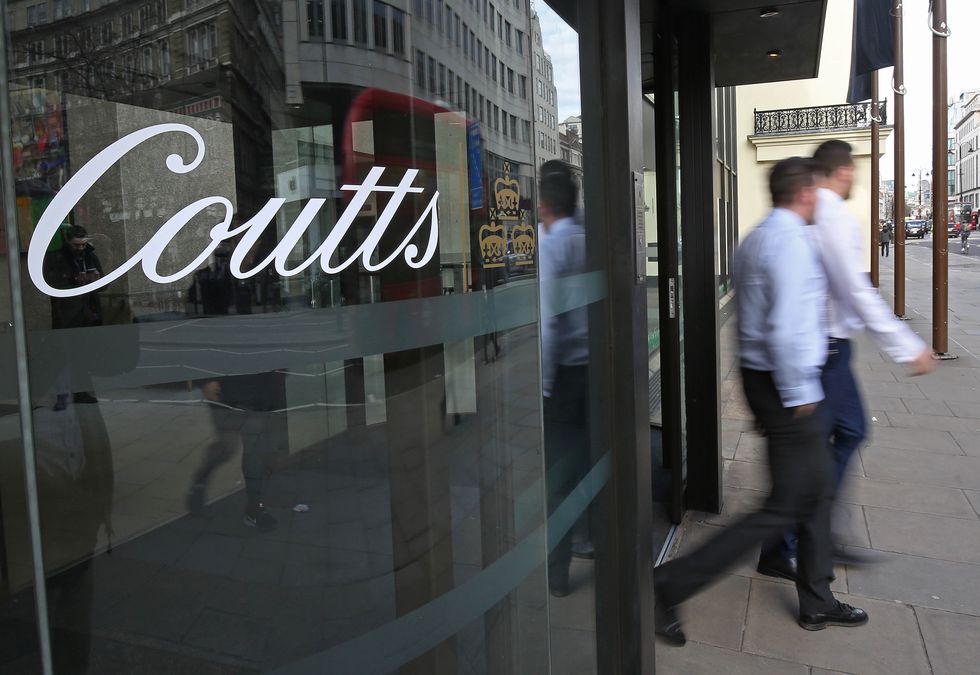 Coutts bank in London | PA
Coutts bank in London | PAHowever, the situation quickly changed after it became clear that senior Government ministers no longer believed she should stay in her post.
Chancellor Jeremy Hunt and and No10 were said to have “serious concerns” over her conduct.
An emergency board meeting was called late on Tuesday night to determine her future, with the announcement of her resignation coming a few hours later.
Confirming her departure, Davies said: “The Board and Alison Rose have agreed, by mutual consent, that she will step down as CEO of the NatWest Group. It is a sad moment.
“She has dedicated all her working life so far to NatWest and will leave many colleagues who respect and admire her.”
In a statement of her own, Rose said: “I remain immensely proud of the progress the bank has made in supporting people, families and business across the UK, and building the foundations for sustainable growth.
“My NatWest colleagues are central to that success, and so I would like to personally thank them for all that they have done.”
Paul Thwaite, the current chief executive of the company’s Commercial and Institutional business, will take over Rose’s responsibilities for an initial period of 12 months, pending regulatory approval.
Last week Farage presented a 40-page dossier which revealed that his account at Coutts had been closed mainly as a result of his political views, which were said to conflict with the bank’s values.
The evidence obtained from the bank through a data request contradicted a BBC News story which claimed that the account closure was due to Farage’s failure to meet a £1million borrowing requirement.
LATEST DEVELOPMENTS:
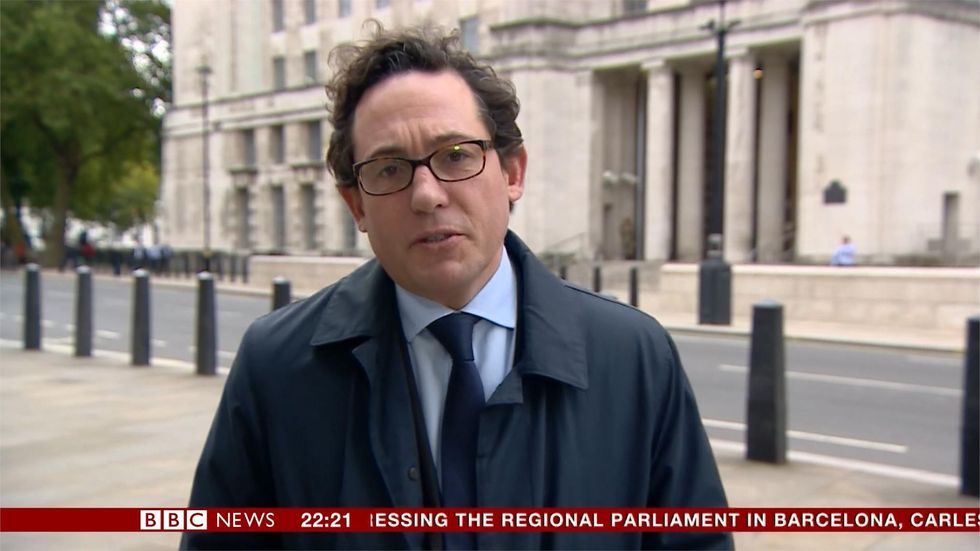 Simon Jack admitted that his story had been updated but has not apologised | BBC
Simon Jack admitted that his story had been updated but has not apologised | BBCThe BBC and its business editor Simon Jack subsequently apologised, adding the reporting had been based on information from a “trusted and senior source”, but it turned out to be “incomplete and inaccurate”.
Reacting to Rose's resignation this morning, Farage said that there was no choice but for her to resign.
He told GB News: "The first rule of banking is you have to respect the privacy of the customer. You also have to respect the GDPR regulations.
"They were both broken, very clearly, by the boss of NatWest."
He has also heaped pressure on the NatWest board for initially trying to keep Rose in her position despite admitting to being the source of the BBC story.
He suggested that the entire NatWest board should resign from their position and that there was a need for an "overhaul" of the culture at the bank.
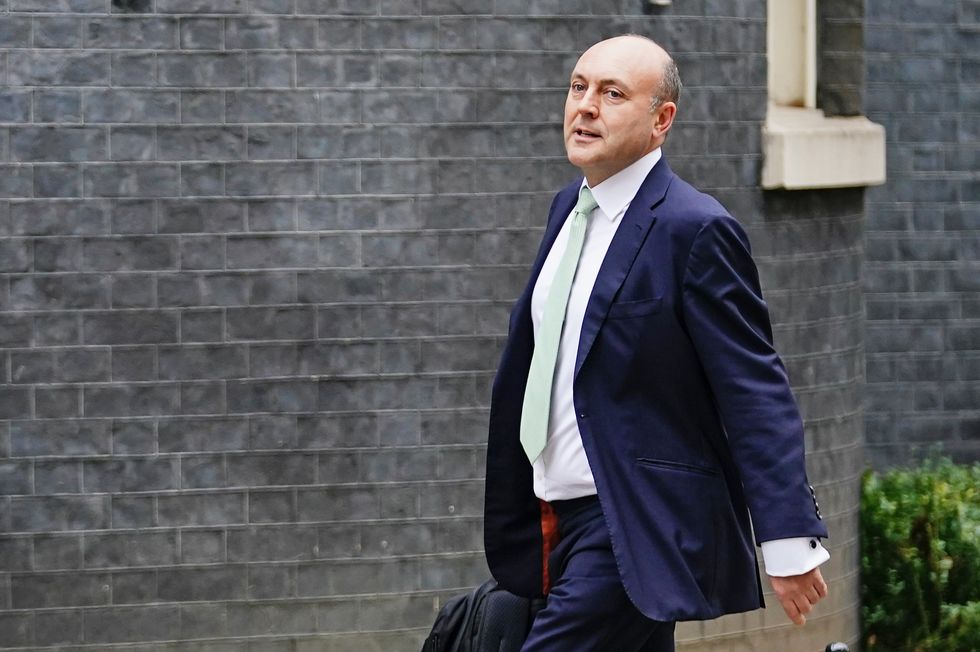
City minister Andrew Griffith has warned other banks not to repeat the mistakes of NatWest
|PA
Prime Minister Rishi Sunak last week expressed his concern that people's bank accounts were being shut because of their political opinions.
A meeting was set up for City minister Andrew Griffith to highlight the importance of customers’ “lawful freedom of expression”, with senior exec to be hauled in for talks this morning.
Griffith said on social media after Rose quit: “It is right that the NatWest CEO has resigned.
“This would never have happened if NatWest had not taken it upon itself to withdraw a bank account due to someone’s lawful political views. That was and is always unacceptable.
“I hope the whole financial sector learns from this incident. Its role is to serve customers well and fairly – not to tell them how or what to think.”





